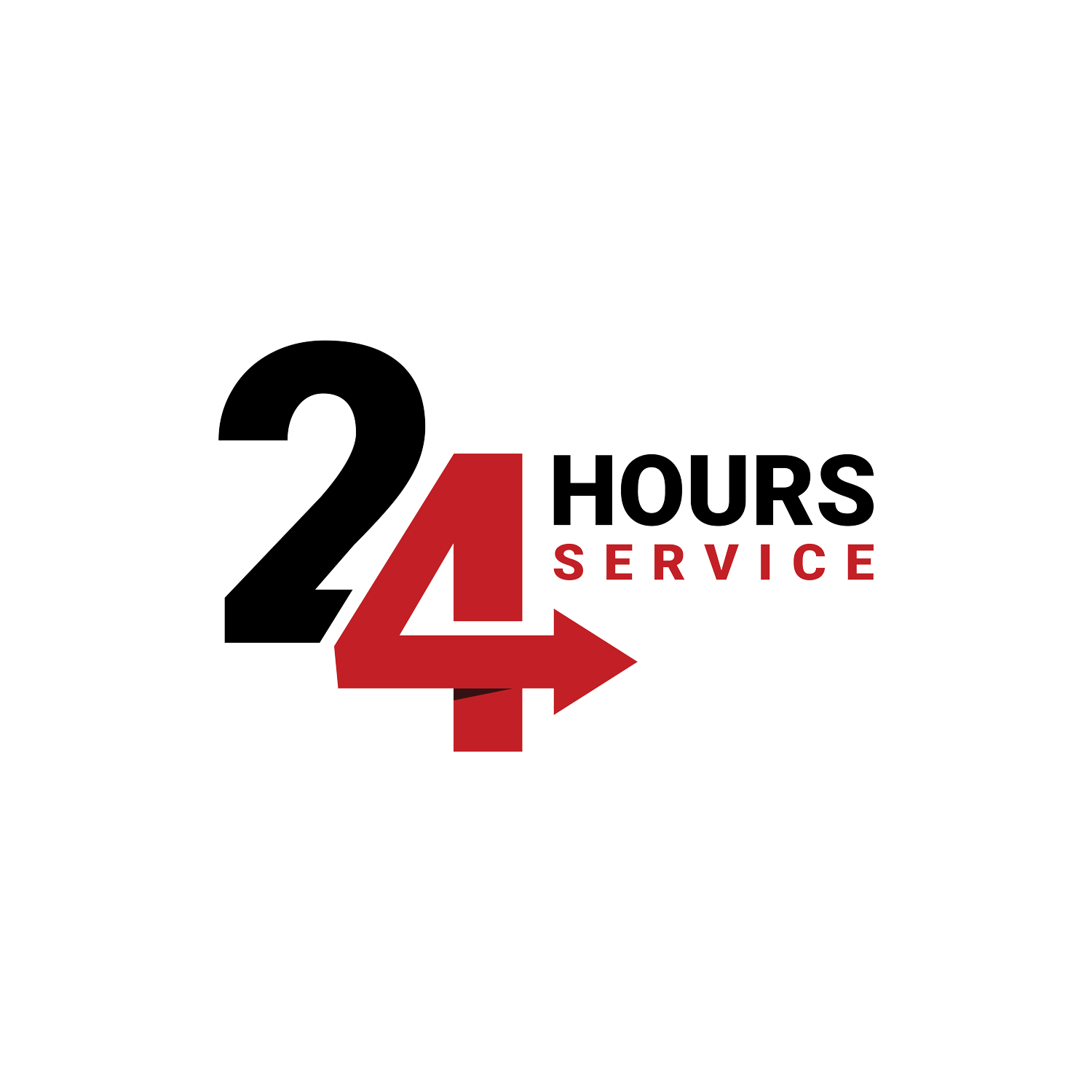
Essential Preparedness Tips for Your Family and Property
As hurricane season approaches, residents of Florida are no strangers to the potential dangers and devastation that these powerful storms can bring. It is crucial to prioritize preparedness and take proactive measures to ensure the safety of your family and the protection of your property.As hurricane season approaches, residents of Florida are no strangers to the potential dangers and devastation that these powerful storms can bring. It is crucial to prioritize preparedness and take proactive measures to ensure the safety of your family and the protection of your property. In this blog post, we will explore essential tips to help you prepare for the hurricane season in Florida, along with guidelines on what to do if flooding occurs.
Stay Informed
One of the most critical aspects of hurricane preparedness is staying informed about the latest weather updates and advisories. Regularly monitor local news stations, radio broadcasts, and official weather websites for storm alerts, watches, and warnings. Consider installing weather apps on your smartphone to receive real-time notifications. Familiarize yourself with the hurricane categories and their potential impacts, as this knowledge will help you make informed decisions regarding evacuation and other safety measures.
Develop an Emergency Plan
Create a comprehensive emergency plan for your family. Designate a meeting place and establish communication methods in case you become separated. Prepare an emergency kit that includes essential supplies such as non-perishable food, water, flashlights, batteries, a first aid kit, medications, and important documents. Discuss the plan with your family members, ensuring everyone understands their roles and responsibilities.
Protect Your Property
Take proactive steps to safeguard your property from hurricane damage. Trim tree branches that could potentially fall on your house during high winds. Reinforce windows with storm shutters or plywood to prevent shattering. Secure loose outdoor objects such as patio furniture, grills, and potted plants. Consider installing a generator to ensure a backup power source in case of an outage. Review your insurance policies to ensure adequate coverage for hurricane-related damages or flood damage.
Secure Important Documents
Gather and safeguard important documents in a waterproof container. Include items such as identification documents, insurance policies, birth certificates, and medical records. Store copies of these documents in a secure location, both physically and digitally, to ensure access even if the originals are damaged.
Evacuation Planning
If authorities issue an evacuation order, prioritize the safety of your family by following their instructions promptly. Prepare an evacuation kit containing essential supplies, clothing, and medication. Plan your evacuation route in advance, considering traffic conditions and potential road closures. Make arrangements for pets, as many shelters may not accommodate animals. Stay with friends, family, or book accommodations well outside the storm’s projected path.

What to Do If It Floods
Flooding is a significant concern during hurricanes, and knowing how to respond can save lives. Call a local flood damage restoration company like PuroClean to take care of your property damage. Here are some essential tips to follow if flooding occurs:
a. Stay Informed: Monitor weather updates and listen to local authorities for evacuation orders or emergency instructions.
b. Evacuate if Necessary: If your area is prone to flooding or you receive an evacuation order, leave immediately. Move to higher ground and never attempt to drive or walk through floodwaters.
c. Secure Your Home: If time permits, turn off electricity, gas, and water supplies before leaving. Move valuable items and electronics to higher floors or elevated surfaces.
d. Avoid Contact with Floodwaters: Floodwaters can be contaminated and pose health risks. Avoid direct contact with floodwaters and do not use it for drinking, cooking, or personal hygiene purposes.
e. After the Flood: Once the floodwaters recede, be cautious when returning home. Inspect your property for damage and avoid entering if structural integrity is compromised. Contact professionals to handle electrical and gas systems, as well


